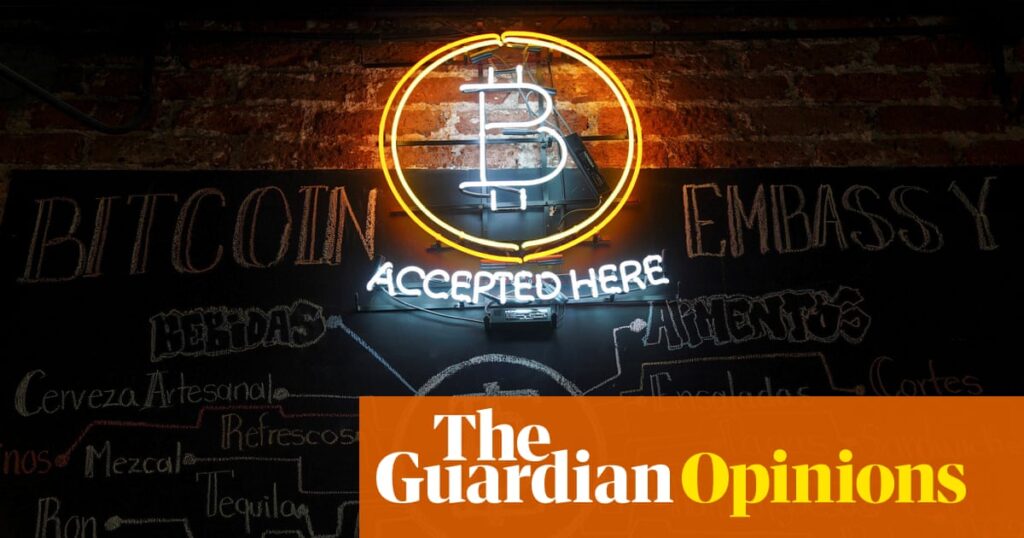These 5 cryptos outperformed Bitcoin in FY21, delivering more than 2500% 2 exciting ASX tech shares tipped as buys © (Reuters: Gareth Fuller) Most of the details about the deal the federal government struck with AstraZeneca for COVID-19 vaccines is still unknown.
The Australian government’s entire vaccine supply agreement with AstraZeneca is being withheld from public release on the grounds it poses a “real and substantial risk” to national security if it were released.
Australia’s vaccine rollout has faced one of its most difficult weeks, as many states across the country re-entered lockdown following COVID-19 outbreaks and tension between the states and federal government grows over vaccine supply issues and debates over the AstraZeneca vaccine.
The AstraZeneca vaccine was relied on heavily as part of Australia’s initial vaccine plan , with plans for 50 million doses to be manufactured locally under a deal struck with the international pharmaceutical company.The total value of Australia’s five vaccine deals is more than $5 billion in taxpayer funds.
But much about the deal with AstraZeneca is unknown.
While the government has published a letter of intent , the contract with the organisation — which is likely to amount to more than $1 billion of taxpayer funds — has never been released.
When 7.30 sought the contract under Freedom of Information laws, it was refused access to the contract in full.One of the grounds for denying access was because it could damage Australia’s national security.
An assistant secretary with the COVID-19 Vaccine Taskforce in the Department of Health wrote that there would be a “real and substantial risk to national security” if the contract were released.
“I consider the particular damage to the security of the Commonwealth to be the fact that disclosure of the information could provide insight into the unique arrangements for the manufacture and supply of the COVID-19 vaccine,” the assistant secretary wrote.
“Releasing the information in [the contract] would have the effect of signalling to other countries the terms agreed between the Commonwealth and AstraZeneca.
“The integrity and efficacy of the arrangements to manufacture and supply the vaccine may be compromised and thereby pose a threat to the national security of the Commonwealth if those terms were published.”
National security ‘best served by building public trust’ Gavin Hayman, the executive director of global advocacy group Open Contracting, said Australia’s blanket suppression of the deal was striking and at odds with other nations.
“There is no merit in using a national security argument for keeping the vaccine contract hidden from public sight,” he said.
“In fact, national security is best served by building public trust in the entire vaccination program.We think publishing the contract with a clear explanation of its key terms can contribute to that.”
The Department of Health also argued that the information should be withheld because it could damage AstraZeneca’s commercially valuable information.
“[AstraZeneca] operates in a global, hyper-competitive market.
If the information were to be disclosed in the current environment, it could enable the third party’s competitors to obtain a commercial advantage over it by disclosing the commercial and risk positions by which the third party is prepared to be bound,” the assistant secretary wrote.
The approach taken by Australia also stands in stark contrast to other countries, according to Mr Hayman.
The European Union, United Kingdom, United States, Mexico and Brazil have all released substantial parts of their vaccine contracts with AstraZeneca.
Mr Hayman also said the vast public expenditure on these contracts justified a much clearer understanding of how the deals were struck and their terms.
“These contracts contain important information on ‘best effort’ manufacturing, march-in rights … liability, delivery schedules, licensing arrangements for further manufacture at scale, and more,” Mr Hayman said.
“Open information on the contracts, delivery schedules, supply arrangements, and other aspects of the vaccination program allows different parts of government to talk to each other and spot problems before they spiral out of control.”
A spokesman for Health Minister Greg Hunt referred 7.30’s questions to the Department of Health.
A spokesman for the Department of Health said: “The Department of Health fully considered the Freedom of Information request, within its legal obligations, and provided a clear rationale for the document exemptions.”
The federal government has sought to keep secret several critical documents relating to Australia’s response to the COVID-19 pandemic.
Australia’s analysis of COVID-19 in neighbouring Pacific countries is also a tightly held secret.
7.30 was also denied access to a review commissioned by the Department of Foreign Affairs and Trade conducted by ABT Associates Pty Ltd that examined COVID-19 vaccine delivery capacity in the Pacific.
In a letter , the Ambassador for Regional Health Security wrote that disclosure “could reasonably be expected to cause damage to Australia’s international relations” and would have a “substantial adverse effect on the department’s operations to pursue Australia’s interests overseas”.
Independent senator Rex Patrick has also been seeking to obtain key National Cabinet documents relating to the COVID-19 pandemic response but has been met with heavy resistance .
Senator Patrick said he believed the decision to suppress the AstraZeneca contract was another “highly cavalier” confidentiality claim from the Department of Health about the COVID-19 vaccine rollout.
[Click through to send us your questions about COVID-19] Read more Microsoft and partners may be compensated if you purchase something through recommended links in this article..
